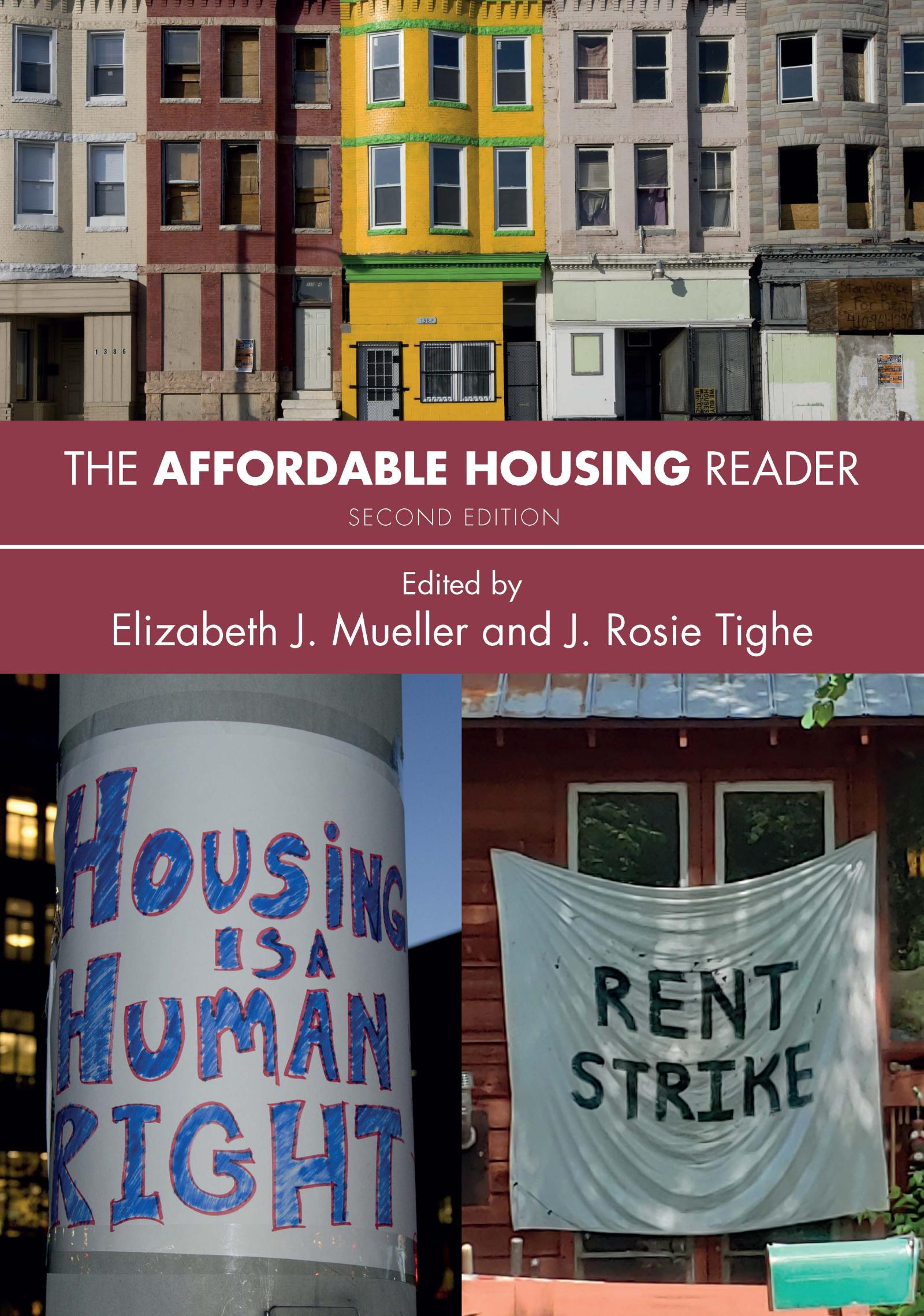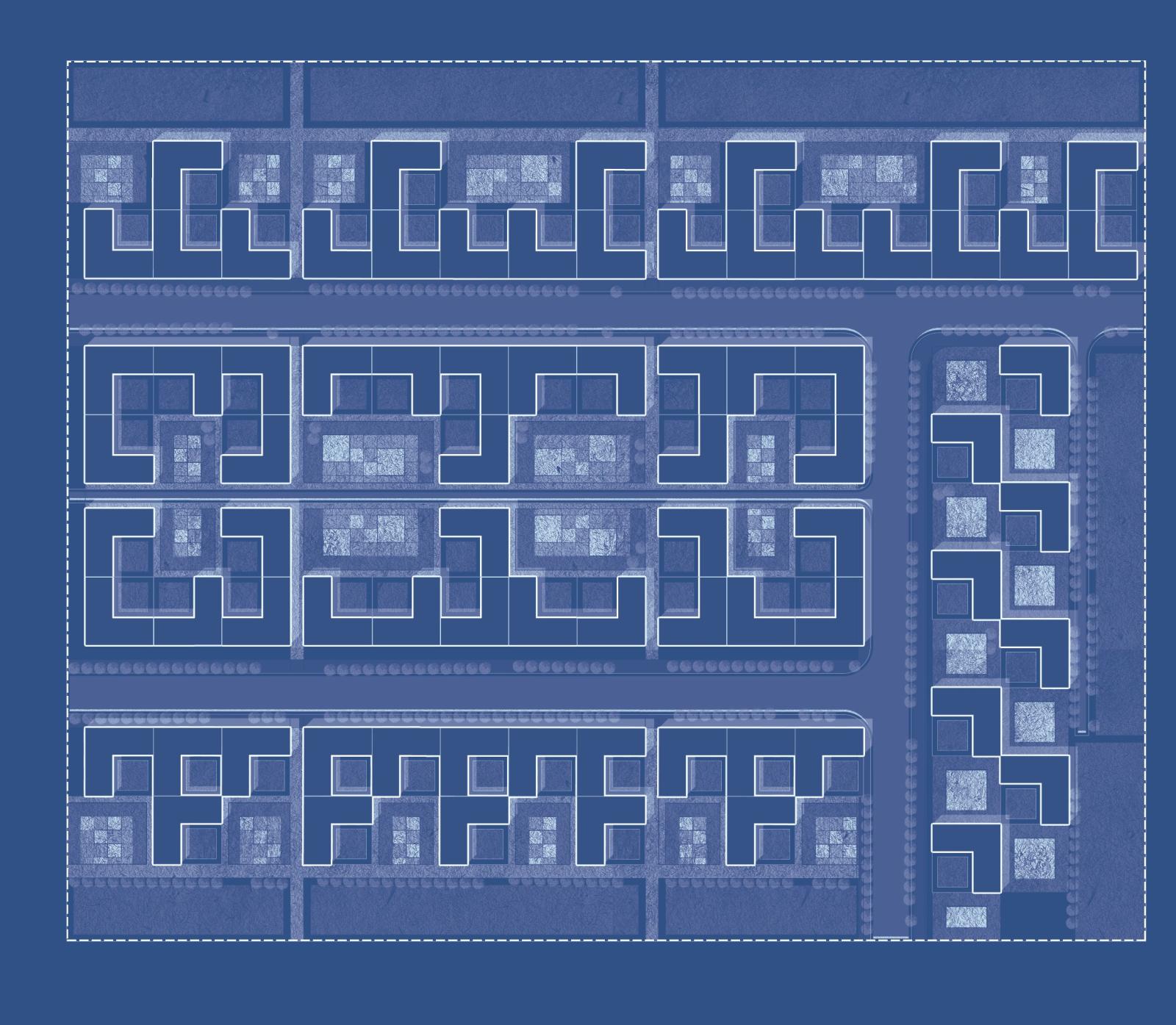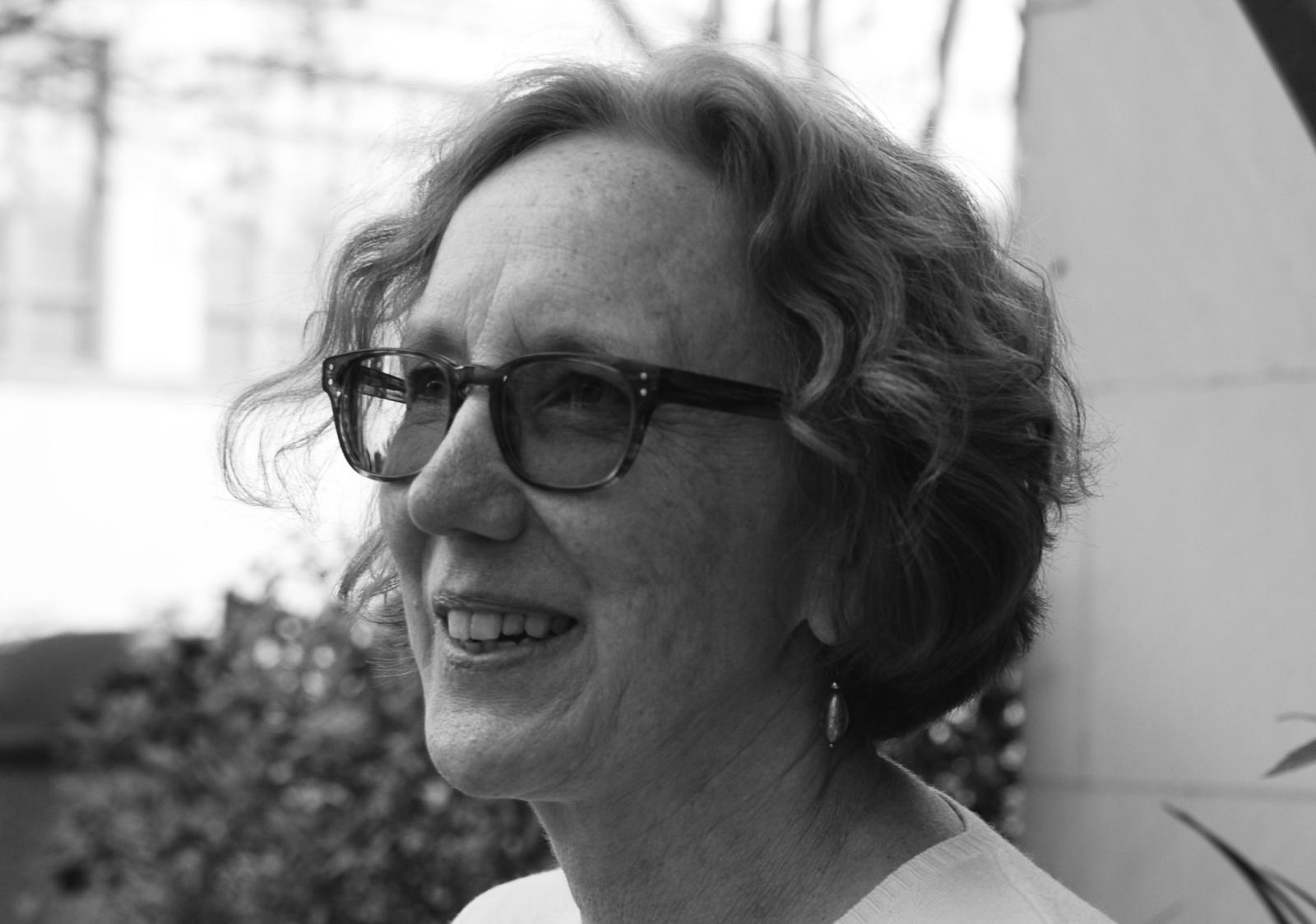University of Texas at Austin to Host the 2025 ACSA/AIA Intersections Research Conference

On January 9–11, 2025, the University of Texas at Austin School of Architecture will join the Association of Collegiate Schools of Architecture (ACSA) and the American Institute of Architecture (AIA) in hosting the 2025 Intersections Research Conference: New Housing Paradigms. Held annually, the 2025 conference will focus on housing as a process, as a product, and as a place.
“Here in Austin and around the world, housing is one of our discipline’s most pressing challenges, requiring multifaceted expertise, cross-disciplinary conversations, and a radical rethinking of existing housing paradigms,” said Heather Woofter, dean of the School of Architecture. “We are honored to partner with ACSA to facilitate these important conversations and to contribute our faculty’s expertise on the topic.”
In addition to the School of Architecture serving as co-host, two of its faculty members, Architecture Assistant Professor Martin Hättasch and Community and Regional Planning Professor Elizabeth Mueller, will co-chair the conference.
Both Mueller and Hättasch have contributed significantly to the subject of housing through their research, practice, and pedagogy. Since joining the School of Architecture nearly 25 years ago, Mueller’s work and advocacy have made pivotal contributions to planning practices, zoning, and housing policies in relation to economic and racial segregation and exposure to environmental hazards — particularly for low-income and marginalized communities in Austin. Mueller is co-author of both the first and second editions of The Affordable Housing Reader, and she co-authored a 2018 report about gentrification in Austin’s residential neighborhoods that has since shaped housing policy within the city.
“Housing is linked to so many other aspects of quality of life. Yet housing choices for those with lower incomes are often limited,” said Mueller. “Current efforts to allow multi-unit buildings or even just second units in areas historically off limits to renters and people of color are an initial step toward reversing the income and racial segregation of cities like Austin. But zoning is only one tool for doing this and many areas will remain off limits due to private restrictions and long-standing negative perceptions of multi-unit housing—and their occupants. I see design as a key element in building a new vision for “good” neighborhoods and who should live in them.”
On the architecture faculty, Hättasch’s teaching and work related to medium-density housing have garnered multiple accolades, including an Architectural Education Award and a Housing Design Education Award from the ACSA. He also recently organized “Radical Middle Grounds: New Agendas for Medium Density Housing,” a symposium and publication focused on the relationship between individuals, architecture and housing, and the almost infinite spatial and organizational malleability of the in-between density range.
“As it becomes increasingly clear that the ways we have been creating housing in North America over the last decades have reached a dead end, I see a real chance for questions of housing as a design problem to gain renewed relevance,” said Hättasch. “After all, the search for new typologies to respond to changing demographic demands — an ageing population, forms of co-living instead of spaces designed exclusively for nuclear families, to name a few — or the exploration of new building materials to address ecological imperatives, are at the core of our competencies as architects.”
“At the same time, we need to develop new paradigms for housing practices that can focus the competencies of many disciplines towards a common goal of better housing rather than claiming exclusive solutions from our own disciplinary bubble,” continued Hättasch.
Gathering submissions on housing topics related to equitable communities, radical solutions, pedagogy, ecology, and wellbeing, the conference will unite attendees with subject-matter experts to speculate on, advocate for, operate within, and struggle with new housing paradigms.
The ACSA/AIA conference partnership aims to increase awareness of research and happening both in academia and design practice while creating opportunities for new partnerships, sources of funding, collaborations and critical observations.
Martin Hättasch is a German architect whose design and research focus on the intersection of architecture and urbanism, housing, monumentality, and their numerous overlaps. A registered architect in the Netherlands, his work explores relationships between finite form and open-ended use across scales and includes the design of several exhibitions, as well as a master plan for the former airport Berlin Tempelhof.
Hättasch’s studio, “A Home is Not a House,” focusing on the question of medium-density housing, was awarded the 2018 Architect Magazine Studio Prize, and he is the recipient of the 2022 ACSA/AIA Housing Design Education Award.
His work has been published in numerous venues, including The Plan Journal, Architect Magazine, and Thresholds. He has held academic positions at Rice University, Syracuse University, and the University of Texas at Austin, where he teaches design studios at both the graduate and undergraduate level, a graduate theory seminar, and electives on housing and monumentality.
Elizabeth J. Mueller’s work focuses on the ways that patterns of economic and racial segregation and inequality were established and continue to be produced in growing cities. She has examined how contemporary local planning initiatives aimed at increasing density and reducing driving affect patterns of racial and economic segregation and exposure to environmental hazards and poor housing conditions.
As a PI or Co-PI on several research projects, she is currently studying: The past and ongoing role of planning in shaping existing patterns of segregation/inequity in Austin; how non-institutional landlords make decisions regarding rental housing ownership and management; and the historical factors shaping how zoning protects or exposes particular groups and communities to environmental hazards and other threats to property values and living conditions.
Her work is currently funded by the National Science Foundation, the National Institutes of Health, and the U.S. Department of Housing and Urban Development.
She is co-editor of The Affordable Housing Reader (second edition, Routledge, June 2022) and co-author of Uprooted: Gentrification in Austin’s Residential Neighborhoods and What Can Be Done About It (2018), a report commissioned by the Austin City Council.
She has received awards for her teaching, research, and public service and has been a member of the Community and Regional Planning faculty at The University of Texas at Austin School of Architecture since 2006.




